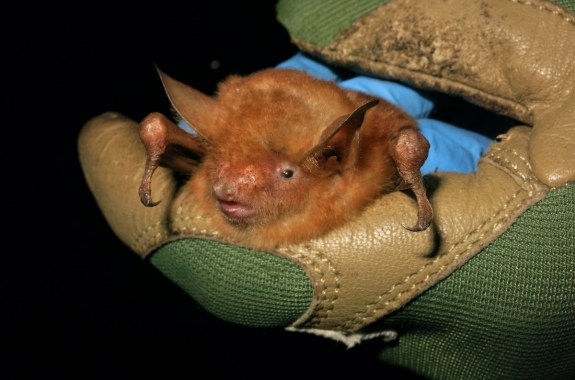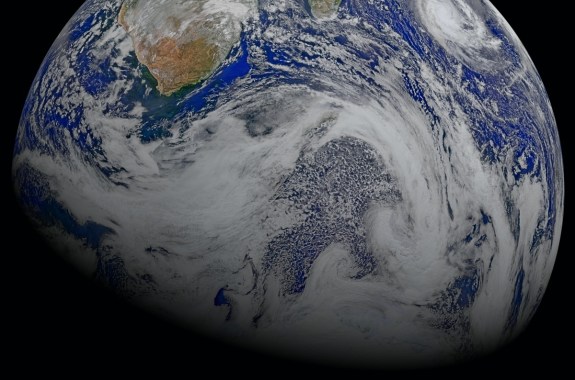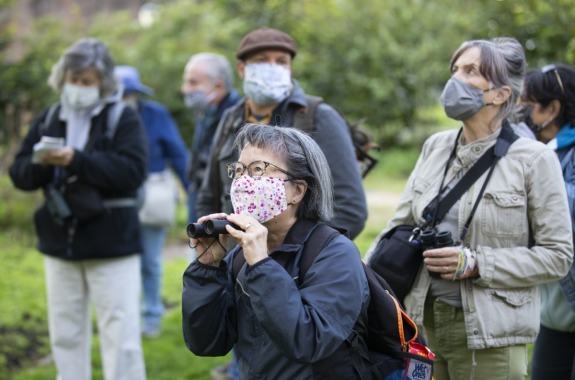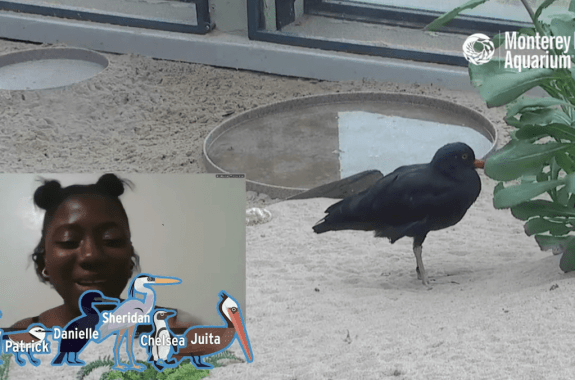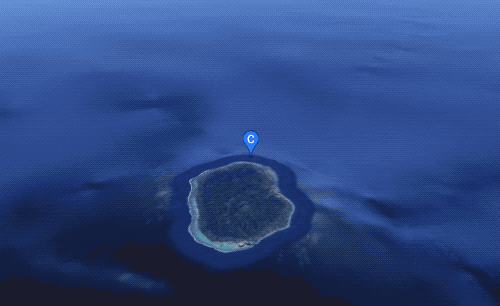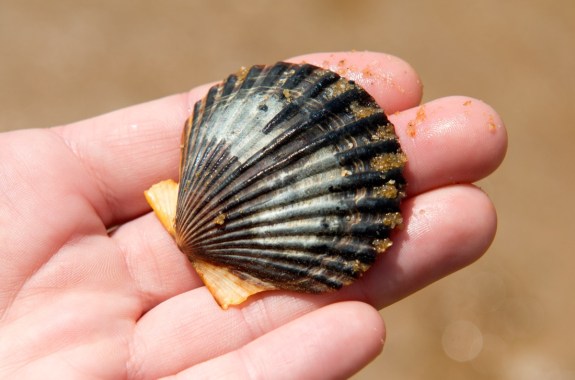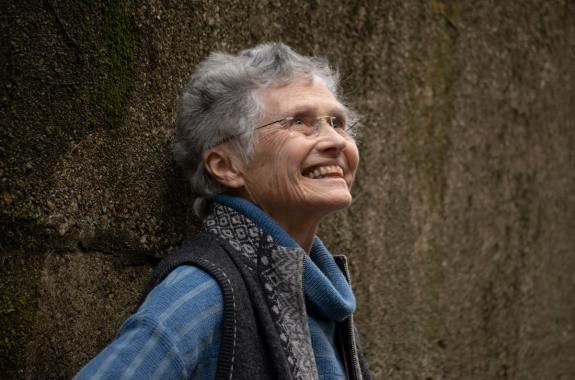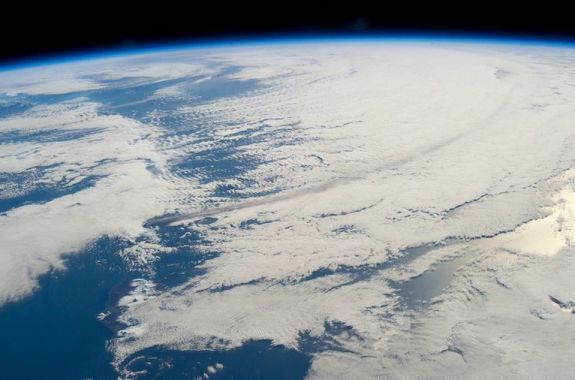12:10
Orange Is The New Black—For Bats
Researchers are rushing to preserve a newly discovered bat species in West Africa.
6:57
Greenland’s Microbial Melt-Down
Scientists find that bacteria and sediments darken ice, impacting how the Greenland ice sheet is melting.
How Companies Denied Their Role In Climate Change
Michael Mann seeks to debunk the lies that have derailed attempts to curb climate change and arms readers with a real path forward to preserving the planet.
17:14
A New President, An Ongoing Climate Crisis
Author and climate scientist Michael Mann lays out what President Biden can do in his first 100 days to show he’s serious about climate policy.
23:46
New Year, New Birds
The annual Christmas Bird Count is still on this year—and the hundred-year-old community science project is guiding scientists.
10:24
Birds Of A Feather: Making Science More Inclusive
Black Birders Week co-founder Chelsea Connor discusses how to create—and maintain—spaces where Black scientists can thrive.
6:37
Name That Call: Test Your Animal Sound Trivia
Can you guess the chirp, squeak, and growl? Put your knowledge to the test in our quiz with Google Earth.
11:48
The Case Of The Vanishing Scallops
Scientists are rushing to understand why Long Island’s shellfish are dying at an alarming rate.
5:59
Composing A Sound Map Of An Ever-Changing River
Composer Annea Lockwood has been using stereo microphones and underwater hydrophones to create detailed “river maps” since the 1960s.
17:49
How The Past Hints About Our Climate’s Future
To narrow uncertainties about the future’s climate, researchers want to look to prehistoric fossil and ice records.
